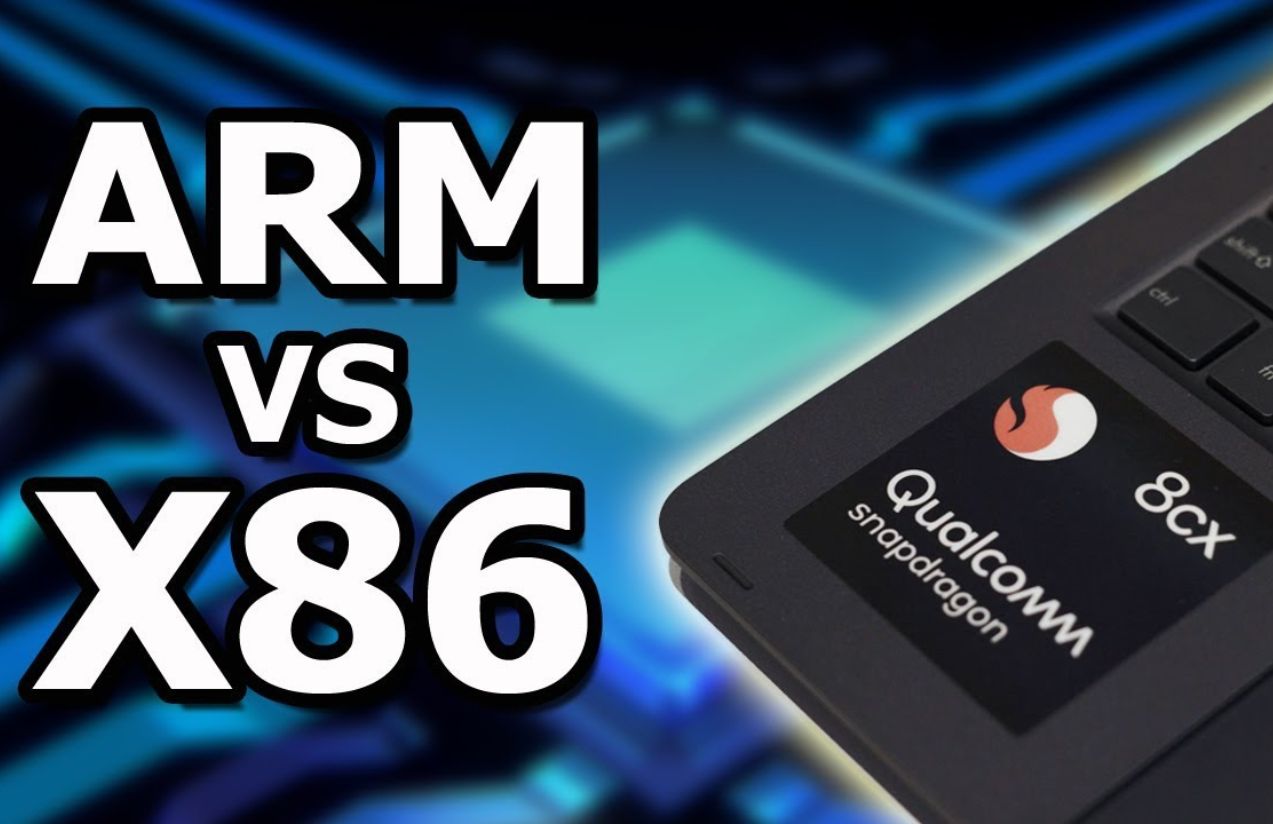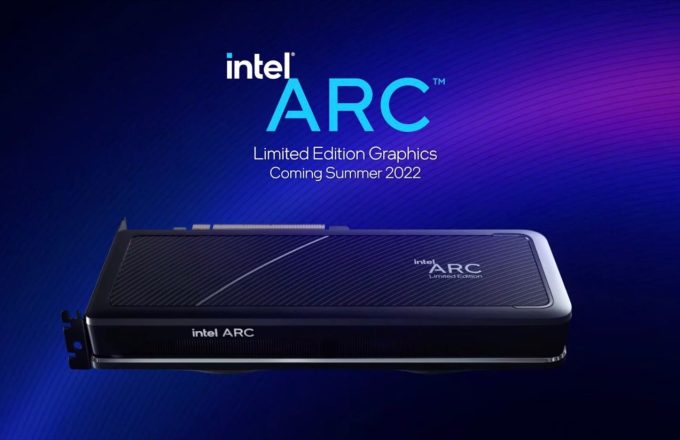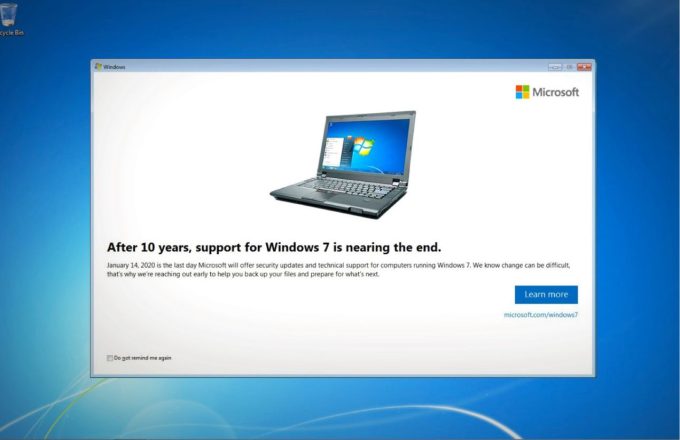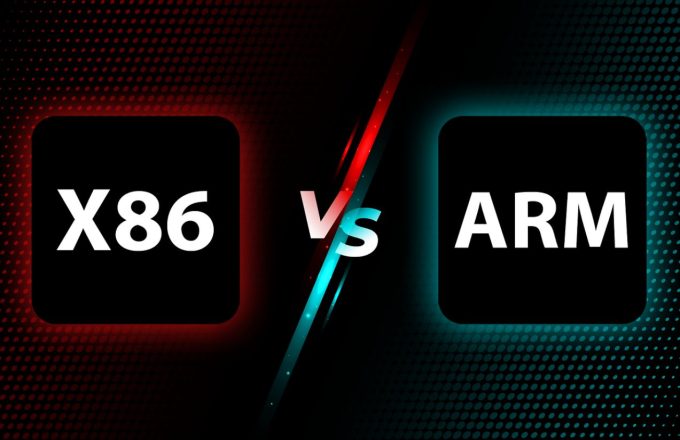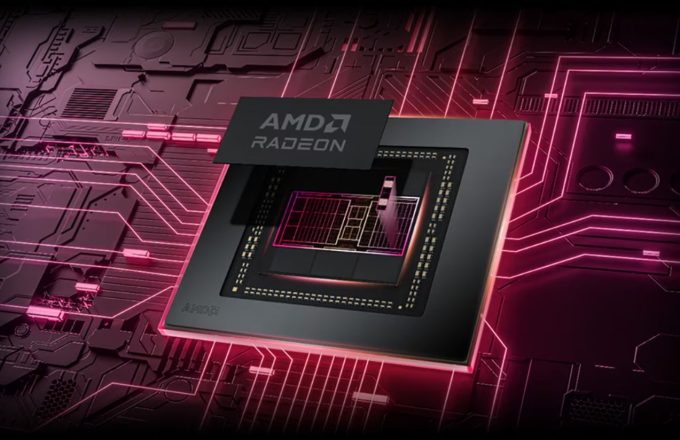When choosing a laptop, it’s common to wonder which is the best option available. Beyond the traditional architecture we’re familiar with, used in most desktop and laptop computers, there’s another alternative: ARM architecture. Until recently, these processors were mainly found in smartphones and low-power devices, but what advantages do they offer in a laptop?
Understanding a laptop’s specifications is key to determining its appropriate use. Not all devices are designed for the same tasks, and even if a model seems suitable, it may not have the necessary performance to handle them efficiently.
Many people are unaware of the differences between the traditional x86-64 architecture and ARM, making it harder to assess their benefits. However, by looking at devices that use ARM, such as smartphones, we can get a good idea of its features and advantages.
Advantages of an ARM-Based Laptop
The main advantage of ARM laptops is their energy efficiency. While they don’t match the power of x86-64 processors, they are ideal for operating systems optimized for this architecture, offering excellent resource management. This translates to smooth performance in basic tasks, lower energy consumption, and significantly longer battery life—one of their biggest strengths.
Another important factor is the price. Laptops with ARM chips tend to be more affordable than high-end models with Intel or AMD processors. Additionally, since they use less power, they generate less heat, making cooling easier and reducing system noise.
Disadvantages of an ARM-Based Laptop
Despite their benefits, ARM laptops have some significant drawbacks. The biggest issue is software compatibility. While Windows has an ARM version, most programs are designed for x86-64 architecture, limiting compatibility. This can cause issues when running certain applications or even prevent them from working altogether.
Another limitation is processing power. Programs that require high performance may experience glitches or run inefficiently. This means that even though battery life is excellent, an ARM laptop may not be suitable for demanding tasks.
However, if the primary use is working in the cloud or using web-based applications, ARM laptops can be a great option. Their energy efficiency allows them to stay operational for longer, and since they generate less heat, they experience less wear over time.


